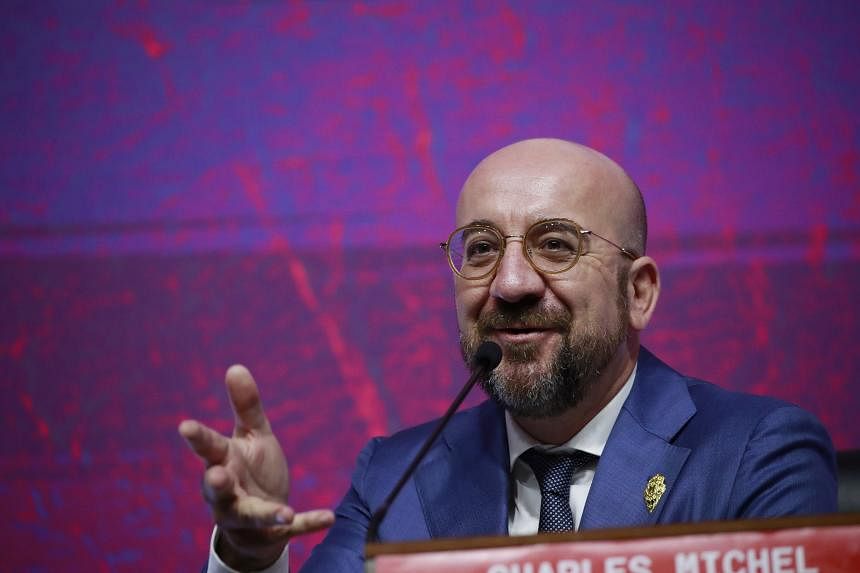NUSA DUA, Indonesia – Europe will engage with China but needs to “rebalance” the relationship to avoid becoming too reliant on the country for areas such as innovative technology, European Council president Charles Michel said on Tuesday.
Mr Michel said Monday’s meeting between United States President Joe Biden and Chinese leader Xi Jinping was important and positive in the sense that “there is a choice for competition but not a systematic conflict”.
Europe will also engage with China despite differences between the two sides, as it is “important to listen to each other to develop a better understanding”, Mr Michel told a news conference before attending the Group of 20 (G-20) leaders’ summit.
But Europe must avoid making “the same mistakes” it made by relying too heavily on Russia’s fossil fuels, he said.
“With China, we don’t want to be too dependent for the innovative technology that we need today, and that we need more of in the future,” Mr Michel said. “That’s why it’s important to rebalance the relationship, and for that, it’s important also to engage with the China authorities.”
Leaders of the G-20 major economies opened talks on Tuesday on the island of Bali, after a final pitch by host Indonesia for the bloc to focus on action to support a global economic recovery despite deep rifts due to the war in Ukraine.
In a sign of the challenges of forging an agreement among the leaders, Mr Michel said Europe must try to use the G-20 meeting to convince members to put more pressure on Russia for triggering a global energy and food crisis with the war.
He said there is an agreement among officials on a text communique for Monday evening, which he described as “positive”. However, such a communique would need to be confirmed by the leaders.
The G-20 ministers’ gatherings have failed to produce joint communiques due to disagreement between Russia and other members on language, including on how to describe the war in Ukraine. REUTERS

